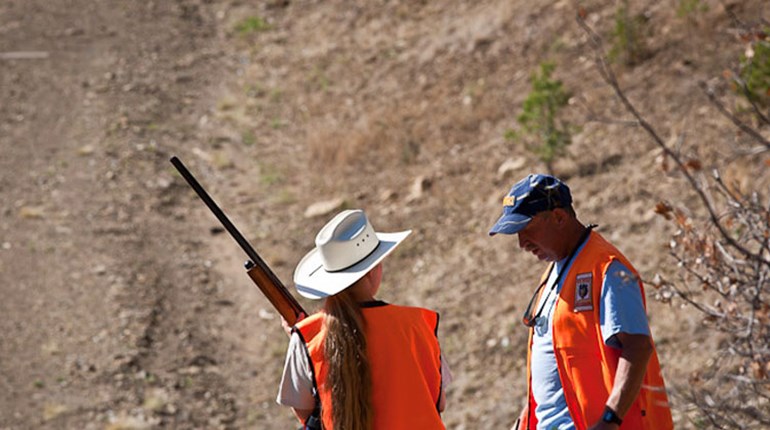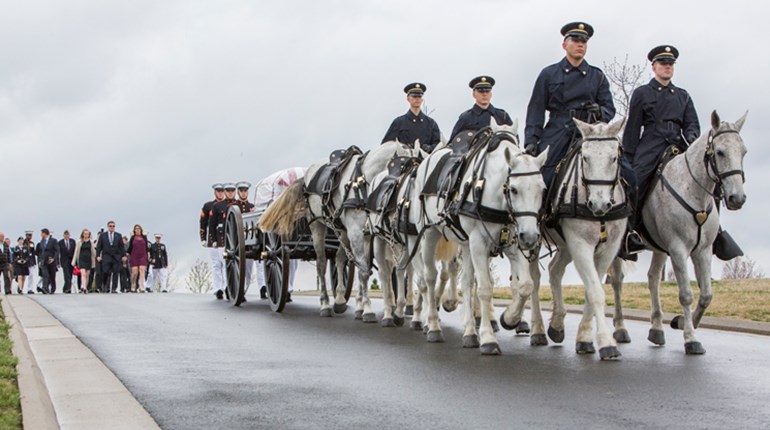
Conservative college students are getting more than just a four-year degree when they graduate. They're also getting a top-notch education in the persecution tactics and overt discrimination of their left-leaning peers.
Members of the College Republican National Committee (CRNC), who met last month in the nation's capital, were exposed to ideas and tactics that will prepare them for the political battles they’ll likely continue to face during their working careers.

The day's best-attended panel, “Free Speech on Campus,” featured Casey Mattox of Alliance Defending Freedom, Grant Strobl of Young Americans for Freedom, Benji Backer of Conservatives for Environmental Reform and Alex Staudt of Young Americans for Liberty.
Mattox opened the session by explaining why free speech is vital.
“It matters that your free-speech rights are being violated,” he said. “You have ideas you want to get out there, and you want to be able to express those ideas. The other big problem that we're seeing is that [leftist students] are not going to stay on campus. The reality is, whatever lessons you're learning right now about how the First Amendment works, the things they're learning are lessons they are going to apply outside.”
“You have ideas you want to get out there, and you want to be able to express those ideas.” — Casey Mattox of Alliance Defending FreedomBacker built on that thought by explaining that the liberal students squelching speech now will go on to become teachers of children, members of Congress, entrepreneurs and community leaders throughout the country.
“Free speech zones are dangerous for the country, and even the fact that we have free speech zones is dangerous for the country,” Backer said in response to the restrictive practice of limiting conservatives to small, out-of-the-way places to protest or hand out materials. “The campus is telling you, ‘You can have this little piece of America and the rest of it is controlled by us.’ We need to make sure this is not happening on college campuses.”
Alex Smith, national chair of the College Republican National Committee, corroborated the experiences of the panel.
“If you're a conservative organization, they'll find any reason to shut down your table, shut down your event,” Smith said. “You didn't check the right box off on the paperwork, so therefore we have to cancel the event with 400 people because you didn't do the right thing.”
All four panelists agreed that conservative students must use the law and follow it to the letter to catch administrators in the act with their own paperwork and legalese. They also said that students should use social media to share their experiences, and should join student senates and governing organizations within their schools in order to change the narrative by continuing to act as a “sane voice.”
Staudt recommended tipping off local media to any ridiculous restrictions and aggression by administrators. In addition, he reminded attendees about the power of a unified letter signed by student organizations to oppose such restrictions. Between private and publicly funded institutions, students must also be wary of the fine print in their student handbooks, which can differ vastly regarding what is tolerated and what isn’t.
During the discussion, students around the room told of varied experiences with discrimination—some hadn’t experienced any issues, while others had dealt with intimidation or aggression. Two students spoke anonymously on concerns of being targeted or having legal action taken against them. One student stated that at Rutgers University after the presidential election, students and professors appeared morose, consoling each other at “sympathy events” to recover from the “shock” of President Donald Trump’s win.
A second student alleged during a Q&A session with former U.S. House Speaker Newt Gingrich that the reason she had been suspended from her sorority was for working as a campaign volunteer for Trump's team last fall. That revelation came from fellow sisters, who spoke quietly to her after sorority leadership failed to give a substantial reason for the dismissal.
The troubling trend to stifle speech now includes citing security concerns, according to Smith. Colleges and universities will sometimes say that a conservative event must be canceled because campus security is unable to ensure the safety of the students, or, in other cases, demand College Republican chapters pay fees for security to ensure the event goes on.
“If you're a liberal student or liberal organization, you get more leeway from administrators to do what you want.” — Alex Smith, national chair of the College Republican National Committee“These are the weapons that are used against conservative students by and large,” she explained. “If you're a liberal student or liberal organization, you get more leeway from administrators to do what you want.”
“Campuses have always been liberal, but they were never as hostile or violent as they are for center-right groups, especially College Republicans," Smith added. “After the 2016 election, it was polarizing. We've seen a huge backlash against conservative students. College Republicans were feeling threatened on campus for wearing a T-shirt or holding a meeting.”
Attendee Alana Heines explained that during the election fallout, her college handed out tissues to students who suffered severe emotional distress. Another student, Kaitlyn Lee, was verbally accosted the day after the election. Her professor at the time stood in front of the class discussing the results. Speaking up, Lee stated that the students should try to maintain a peaceful and respectful manner while speaking their minds, regardless of their political stances. A classmate screamed at her from across the room, “You're wrong!” Later, the professor apologized to Lee, hoping the encounter would not make her feel as though she could not safely express her opinions during their instructional time.
Smith believes a large portion of the silencing efforts constitutes an organized plan by shadowy individuals such as George Soros with the capability to influence generations and systems.
“In terms of what the goal is, some of it is people in schools, sometimes it’s just liberal administrators who are trying to get across their ideology to a susceptible group of students,” Smith said. “In other cases you see big-money figures like Soros and Tom Steyer. In some cases, it’s just a deep-seated hatred for conservatives.”
Free Speech on Campus’s Mattox had one of the pithiest lessons to share with the students. “If you're spending all your time talking about draining the swamp in Washington, D.C., and not about the swamp in your student affairs office, then you're missing the boat,” Mattox said.
In addition to the panel discussion, students at the gathering were treated to visits from Sean Spicer, White House press secretary; Secretary of Education Betsy DeVos; and Grover Norquist of Americans for Tax Reform.
Rachael Herbert-Varchetto is the Assistant Editor for America’s 1st Freedom magazine at NRA Publications. A proud Hoosier, she lives and works in Virginia.


































